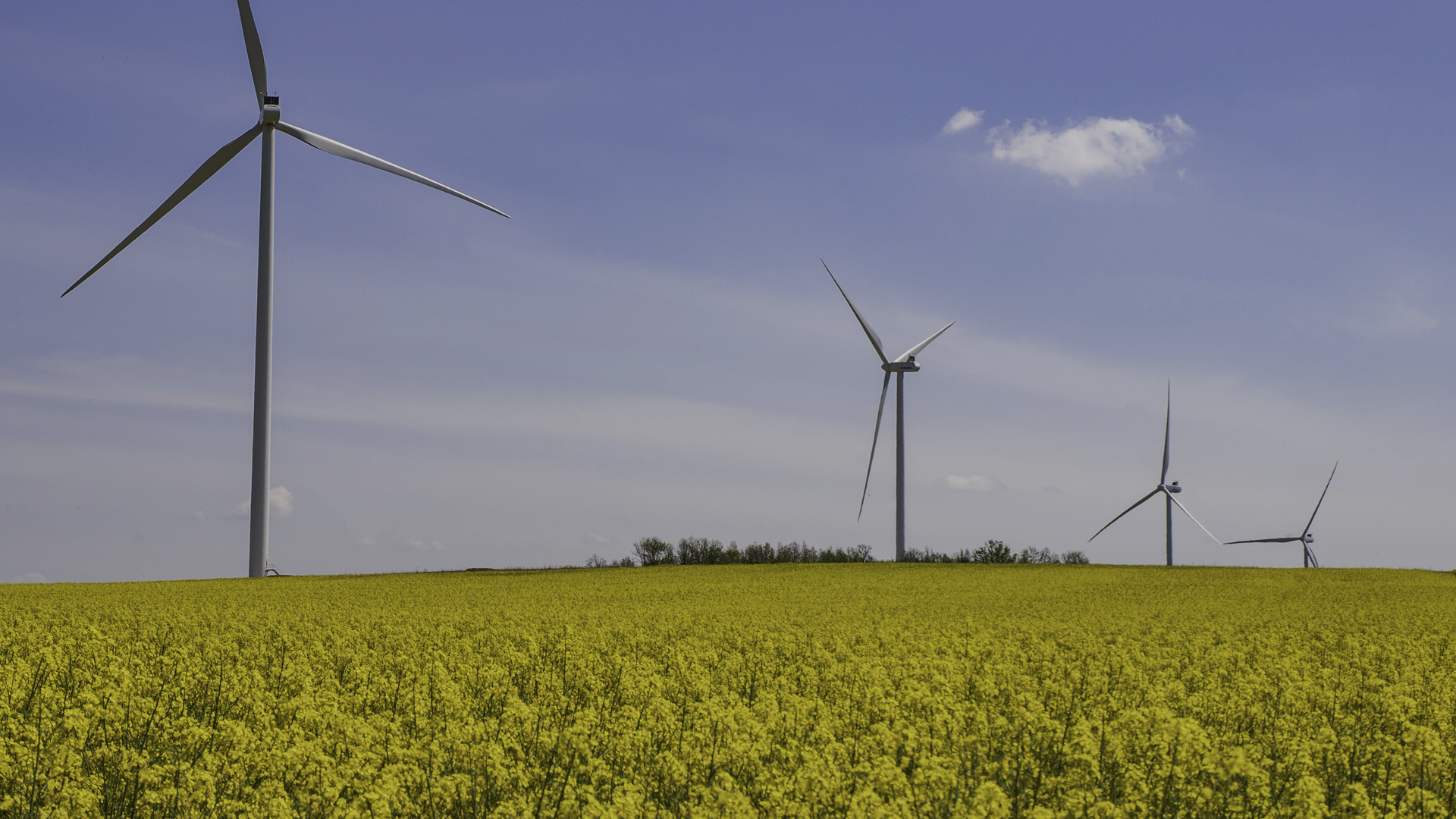14.02.2023 | European Commission seeks proposals to revise electricity trading and support instruments
EU internal electricity market: Better protection against extreme price fluctuations?
The EU Commission wants to overhaul the EU internal electricity market. Its goal is to better protect households, SMEs and large industrial consumers from excessive price fluctuations, to increase supply security and to promote the expansion of renewable energies. But there is a threat of hasty reforms without a sound impact assessment.
Since mid-2021, prices for natural gas and electricity in Europe had risen; as a result, market interventions occurred in almost all Member States. In order to prevent a further proliferation of national measures and, eventually, a break-up of the internal electricity market, the EU introduced emergency measures in October 2022, such as a revenue cap for certain electricity generation technologies (“inframarginal revenue cap”). However, these are limited in time: For example, the revenue cap is limited until 30 June 2023. In view of this, the Member States have asked the Commission to submit proposals for a reform of the internal electricity market. Until 13 February, interested parties had the possibility to complete an online questionnaire with over 60 detailed questions. Based on the responses, the Commission is expected to present legislative proposals for the revision of the internal electricity market on 14 March 2023.
The goals of reform include:
- Decoupling of short-term electricity prices from natural gas prices;
- Expansion of renewable energies with the aim of lowering long-term electricity prices using market-based long-term direct supply contracts (PPAs) and contracts for difference (CfDs);
- Strengthening of consumer protection;
- Improved monitoring of wholesale markets.
Some Member States are calling for a fundamental overhaul of the internal electricity market, in which the market should be limited to short-term trading and ensure system stability. Investments in electricity generation, on the other hand, should be based on state intervention, such as state contracts for difference (CfDs). The European Commission wants to improve the EU internal electricity market, but without attacking its fundamentals - cross-border trade in connection with marginal pricing.
Unfortunately, the massive emergency interventions currently in force - such as the inframarginal revenue cap - were introduced in a very short time damaging the investment climate. The very short-term consultation that closed on 13 February gives rise to fears that the medium-term reforms will also be knitted with a hot needle. If the European Commission publishes legislative proposals as early as 14 March, they will have to be rushed through the EU's ordinary legislative procedure: 2024 is an election year and unfinished legislative procedures will then come to a standstill. Moreover, many EU emergency measures expire at the end of 2023. At a time, therefore, when natural gas storage facilities will be depleted leading to high prices and strong market volatility.
However, a reform planned without a sound impact assessment could lead to the opposite of the desired effects: stagnating expansion of renewable energies, declining in liquidity in the forward markets, deteriorating security of supply and ultimately higher electricity prices for consumers.
Together with European energy associations, Axpo is advocating for a gradual evolution of the EU internal electricity market and better integration of the Swiss electricity industry.
More information: https://ec.europa.eu/info/law/better-regulation/have-your-say/initiatives/13668-Electricity-market-reform-of-the-EUs-electricity-market-design_en

